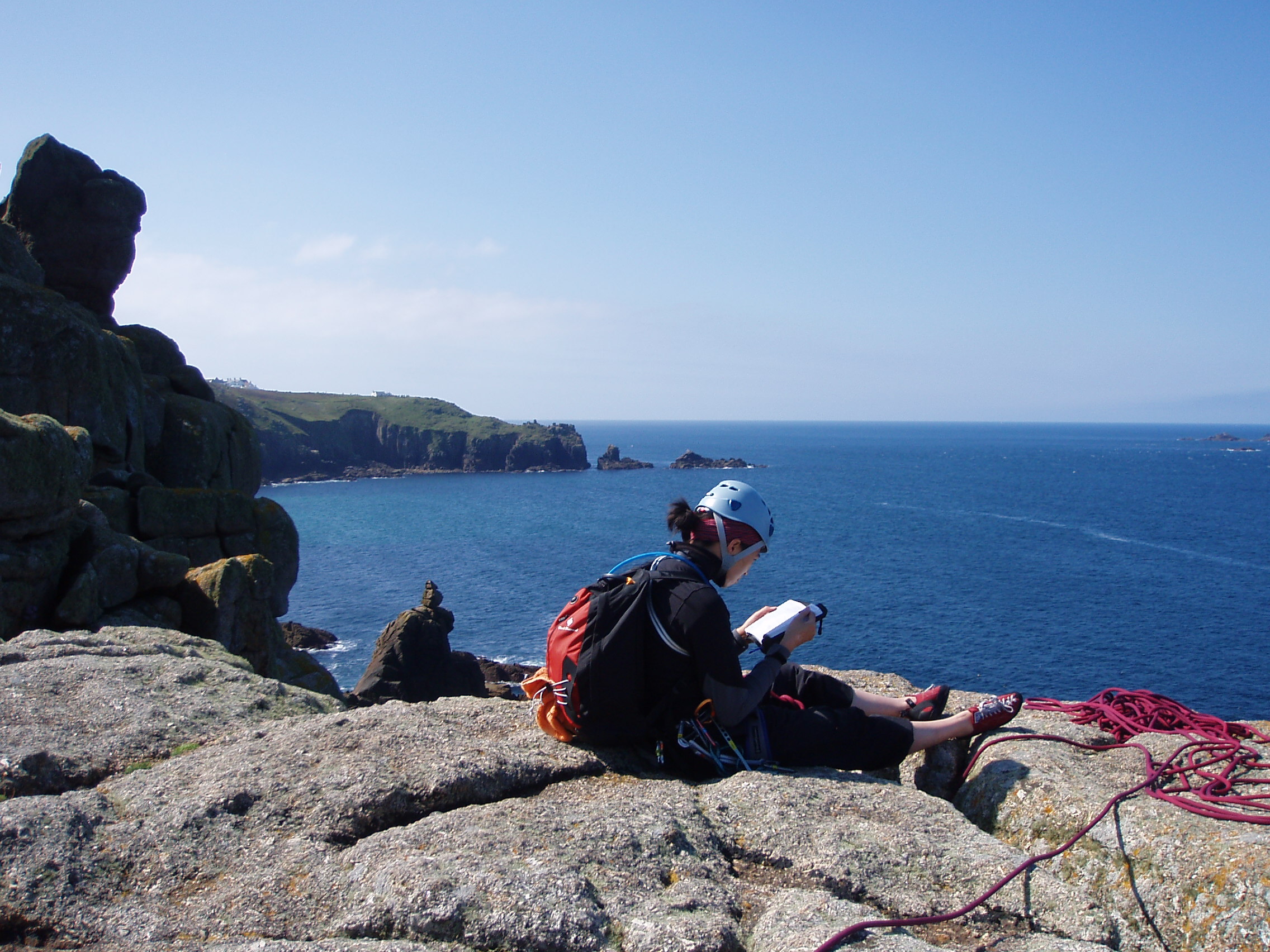Recently I drafted my Quick Reference Guide concerning the controversy surrounding the Creative Writing MFA program. In this post I will be answering some questions about my drafting process and a couple of my thoughts.
- What parts of the book’s advice on the above bulleted topics are helpful for writing in this genre?
I think the information given on the "PIE" writing style is very helpful when writing a paragraph. Often times when I'm writing I completely forget about the topic sentence and usually just keep writing. Then I have to go back and revise my topic sentence to match my paragraph. This forces you to write it in a specific order and thus it will be easier to connect evidence and concluding analysis.
The thesis statement is the most important aspect of an essay because that's what your analysis is based upon. The book gives the reader very good tips on how to craft a meaningful thesis statement, like "is it interesting" and "is it precise and specific?" Often times when I read other people's papers the most common error is that their thesis statement is way too broad.
Even though the thesis statement is especially important, so is the introduction. I like the bullet points that the book goes through in order to strengthen your introductory paragraph. Obviously it is a little more work but the payoff is it worth it when you have already outlined the rest of your essay in your introductory paragraph.
Organizing information is important to order it in a somewhat chronological order so that the essay flows from one point to the other. It's important to introduce ideas in the previous paragraph in order for the essay to be a coherent thought. Conclusions are always difficult to write because often times people just rely on summarizing the essay again, which they pretty much already did in the opening paragraph. Answering the "so what?" of your essay, like described in the book, is especially important.
- What parts of the book’s advice on these topics might not be so helpful, considering the genre you’re writing in?
I don't find any major pieces of advice that would not help my writing at all. Most of these are basic grammar rules which helps because my major, Creative Writing, is essentially a branch of the English major. The "PIE" style might be a little too narrow as when I was writing the Creative Major Quick Reference Guide I had a lot of evidence and that might take multiple paragraphs. The advice the book gives is pretty straightforward and can be interpreted loosely to fit everyone's genre.
 |
| Elson. "Climbing Guidebook." 08/26/07 via Wikipedia. Creative Commons License. |
I read both Isaac's and Casey's blog posts on their thoughts on drafting and it seems like we all pretty much had the same idea. Casey did point out that the information provided for writing a conclusion wasn't as useful as the other ones but still wasn't too bad. Isaac and I both agreed that there wasn't any un-useful information presented throughout the book. Everything said was something that we could take away from and help improve our own QRGs. Here are three points that I would like to do to improve my own QRG:
1) make my introductory paragraph more interesting
2) provide more analysis for some of my evidence
3) work on my conclusion
I agree with practically everything you said about the helpfulness in the book I also think that the organizing information was quite informative and helped me realize what points I wanted to get across when. The book is not too specific about what it wants, which, in this case, is a good thing because we are adapting the book's information to what we want it for.
ReplyDeleteI feel I also need to strengthen my introduction. It is one of the most important parts of the QRG and I feel I kind of ramble on in the beginning and don't make a strong point to start out with.
I agree that the thesis statement is the most important aspect of the paper, or in this case the QRG. Without a strong thesis, there is no sense of direction for the writing. I found the book especially helpful on asking yourself questions as you develop your thesis. If you are able to ask yourself an important question and answer it with your thesis, then you have a strong foundation. Looking back at my own QRG, I can see that my introduction needs some revising in order to make it stronger.
ReplyDelete